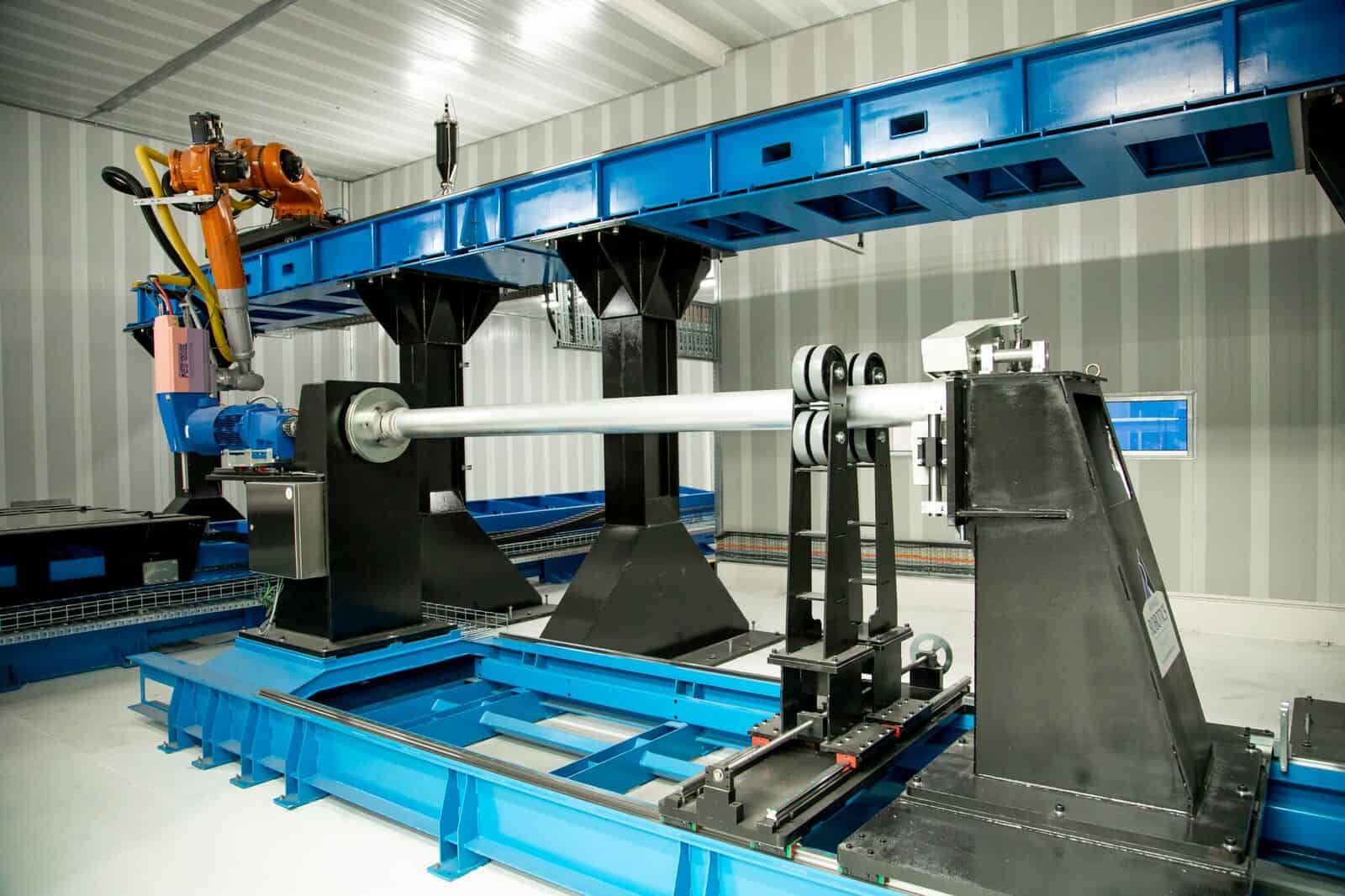Boeing has teamed up with Titomic, the Melbourne-based company behind the Titomic Kinetic Fusion (TKF) 3D printing technique, to develop additive manufacturing in the space industry.
The firms will collaborate to research the usage of sustainable titanium powders for 3D printing space system parts. The Australian government has granted Titomic a $2.325 million Modern Manufacturing Initiative grant, which company will utilise to study and manufacture components for space vehicles and satellites utilising a local titanium mineral deposit.
Fusion of Titomic Kinetics
The TKF technique from Titomic is a type of cold spray additive manufacturing. The method is spraying a fine metal powder into a solid substrate underneath, similar to how you would spray paint onto a graffiti wall. A construction platform or an existing metal element can serve as the substrate.
It’s called cold spray because it doesn’t use lasers or other heat-based energy sources, instead relying on kinetic energy. A high-velocity pressurised gas stream is used to jet out metal powder, which gives the material enough energy to deform and attach to the solid portion below, generating new layers.
Titomic’s patented TKF technology, in particular, is distinguished by its high-pressure nature. This qualifies the process for high-performance applications in areas like aerospace and military, where the company is a well-established operator and certified research provider.
Titomic has announced a collaboration with machine tool maker Repkon to develop a new defense-focused 3D printing production facility in Australia. Using the company’s additive technology, the plant will be utilised to manufacture Repkon-designed weapons system barrels.
More recently, the company increased its footprint in Europe with the acquisition of Dycomet Europe, a competitor cold spray technology company located in the Netherlands. The purchase not only provided Titomic with a new European base, but it also provided an instant stream of revenue, since Dycomet Europe carried with it a large pipeline of client orders from throughout the continent.
Sustainable titanium 3D printing for space
Titanium is defined by its high strength-to-weight ratio and excellent corrosion resistance, making it one of the most commonly used materials in aerospace. In the military, aircraft such as the F-22 and UH-60 Black Hawk rely on large quantities of titanium, while the space sector is using increasing amounts of the metal for rocket engines, pressure vessels, and structural parts.
According to Boeing and Titomic, titanium is readily available in Australia and is considered to be more environmentally sustainable when compared to other similar alternatives. The use of the metal can also help enable significant time and cost savings by eliminating the need for vast amounts of raw mineral processing.
The collaboration is also expected to position Titomic as a leading supplier within Australia’s space manufacturing sector.


